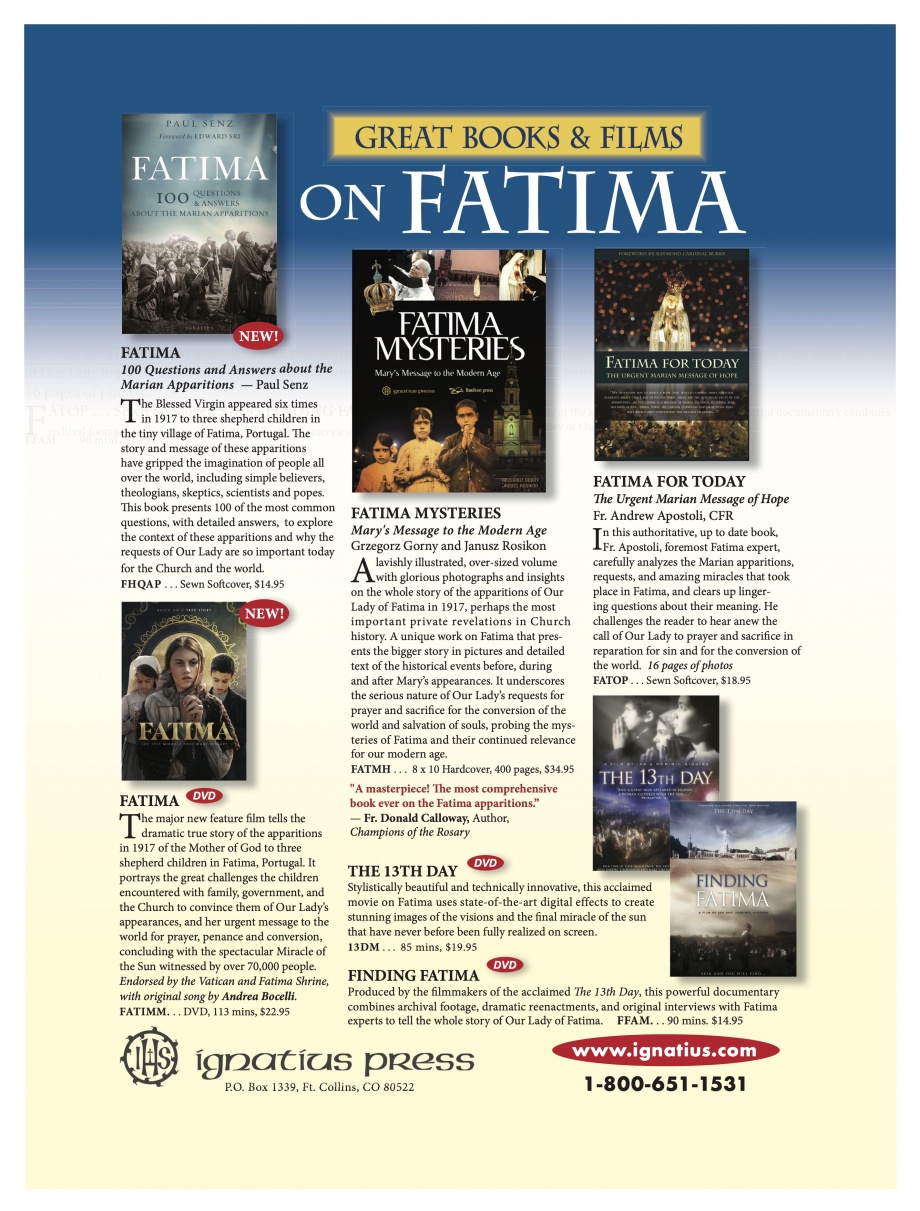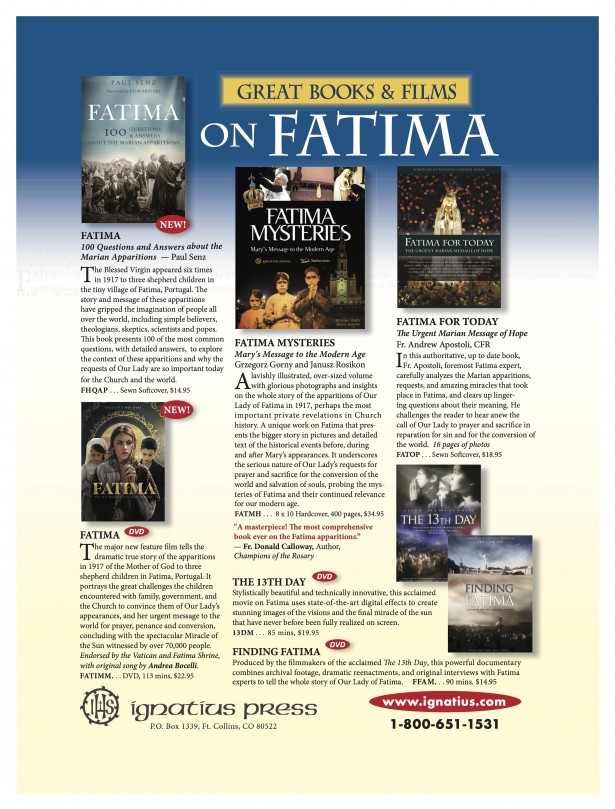Measuring Success
There is an uncomfortable reality of spiritual multiplication with which we catechists, ministers, and missionaries must wrestle. That reality is this: spiritual multiplication produces results, but not always in the way we imagine.
The Holy Samaritan Woman: Inspiration for the Spiritual Life of Catechists
Once on a hot summer day in France, I hiked a winding path with some companions all the way to the very source of a small stream. Having grown hot and tired from our hike, our local guides instructed us to rest a few moments and refresh ourselves at the spring. I hesitated as I watched the others drink confidently, even eagerly. The closest I had ever come to drinking untreated water was in sipping from the garden hose!
Their beckoning won me over, however, and I joined them. We drank the cold flowing water made all the more delicious by our thirst and the natural stone spicket. It occurred to me then that God intended water to be like that—pure, refreshing, a free gift of his goodness.
In the Gospel of John, Jesus promises that “living water” will well up in those who believe. The scene of Jesus and the Samaritan woman in John 4:1–42 is one those passages. This scene is particularly valuable for those who evangelize and catechize because it offers us a model of an authentic encounter with Jesus Christ and reveals to us the effects of that living water he promises.
In fact, we could almost name “the holy Samaritan”—as St. Teresa of Ávila calls her—our patron saint. We want to drink of the water Christ offers and teach others how to do the same, just as she did that day in Samaria.
AD: Great Books & Films on Fatima
To order these books and films from Ignatius Press click here. Or call 1-800-651-1531. Let them know you saw the ad here.

Jesus Christ: The Primary Liturgist
At the Last Supper, Jesus celebrated his farewell meal with his disciples, the celebration of his approaching death and resurrection. It was the culmination of the entire saving mission of the Lord, as well as the assurance of the power of that very same event being ever present in time and space.
The bread, the Lord tells us, represented his body given for us, the wine his blood poured out for us. In celebrating this sacred meal with his disciples, Christ was giving to them, and to all mankind, what he had already offered to his heavenly Father, namely, his own self as a redeeming victim. All of this was accomplished through sacred signs, which continually made present this saving sacrifice so that all humankind could forever unite and share in it. Consequently, after the Ascension, when the glorified, risen Christ took his rightful place at the right hand of the Father, he did not leave us orphans but continued to act and to dispense grace through the Eucharist and the other six sacraments he had instituted during his earthly ministry. These would be sources of living grace that would flow into the hearts of all those who through faith would participate in them.
All of this is accomplished through humanly perceptible signs and symbols that not only signify grace but effect it through the power of the Holy Spirit. Initially, this saving event of Christ’s Passion, Death, and Resurrection took place in time and in history, once and for all, while simultaneously and in reality, transcending all time through the action of the Holy Spirit, the great catalyst who is always active in the liturgical life of the Church. “Christ is always present in His Church, especially in her liturgical celebrations." (Second Vatican Council, Constitution on the Sacred Liturgy Sacrosanctum Concilium (December 4, 1963), no. 7) Having come to us from the Father, Jesus now leads us back to the Father.
From the Shepherds: The Paradigm of Mercy in the New Directory for Catechesis
 On June 25, 2020, the Pontifical Council for the Promotion of the New Evangelization, headed by its president, His Excellency Archbishop Rino Fisichella, presented for the Universal Church a new Directory for Catechesis.
On June 25, 2020, the Pontifical Council for the Promotion of the New Evangelization, headed by its president, His Excellency Archbishop Rino Fisichella, presented for the Universal Church a new Directory for Catechesis.
The Spiritual Life: God, Who are You?
 Have you ever wondered why Jesus’ disciples found it so difficult to grasp his true identity, even after living so closely with him and directly witnessing his great works?
Have you ever wondered why Jesus’ disciples found it so difficult to grasp his true identity, even after living so closely with him and directly witnessing his great works?
The Spiritual Life: A Personal Vocation
He had a name inscribed that no one knows except himself. (Revelation 19:12)
There is a lingering experience of anxiety which I believe is a particularly Christian one. It concerns the problem of vocation. Joseph Ratzinger, in one of his Advent homilies, preached:
The movement of becoming a Christian, which begins at baptism and which we have to pursue through the rest of our lives, means being ready to engage in a particular service that God requires from us in history. We cannot of course always think through in detail why this service has to be done by me, now, in this way. That would contradict the mystery of history, which is woven together from the inscrutability of man’s freedom and God’s freedom.[1]
The first point about the “Christian anxiety” is that vocations are mysteries. No one knows or will know God better than he knows himself, and no one knows me better than he does, either. Vocations flow from the dynamics of what is ultimately a mysterious relationship. To further frustrate the problem, the heart of the vocation is the relationship itself. Therefore, if we want to execute the work of the call as best as possible, the focus is not to be on “the call” at all but on the One who is doing the calling.
One of the steps we can take to alleviate the anxiety surrounding vocation is to begin dialoguing on the level of the personal vocation and, in so doing, reframe our current vocational categories.
The “umbrella” vocation under which all other vocations (even state-in-life vocations) subsist is a personal vocation. Some will argue that the primary vocation is the “universal call to holiness.”[2] The Christian, however, is not called to a vague form of general holiness but to a specific form of personal holiness. There is a difference between intellectually assenting to God’s love, friendship, and call and the experience of God Himself saying “I love you” (insert your name here) and I call you my friend (see Jn 15:15) and then engaging actively in service to that friendship.[3]
The other problematic framework is understanding one’s state in life as the “primary vocation.” While it is true that callings to priesthood, consecrated life, marriage, or some form of permanent celibacy become the primary form a personal vocation takes, it is still unhelpful to refer to a person’s state in life as their primary vocational call.
AD: Great Books & Films on Fatima
To order these books and films from Ignatius Press click here. Or call 1-800-651-1531. Let them know you saw the ad here.

This is a paid advertisement in the October-December 2020 issue. Advertisements should not be viewed as endorsements from the publisher.
The Spiritual Life: Being with Him and Being Sent
As a catechist, you hopefully talk about Jesus constantly. You talk often about prayer: teaching people how to pray, leading them in prayer, and organizing retreats and times for your students to encounter Christ. You study Scripture to prepare for your lesson and ground your teaching in the Word of God.
But do you know him? Do you talk to him?
It is easy to confuse our work for Jesus with our time with Jesus. But if we are not careful, we will pour ourselves out day after day until we find ourselves dry.
Talking about Jesus all day or studying the Scriptures for the sake of a lesson can give us the false impression that we have a healthy prayer life. Continue to pour yourself out without frequent attempts to refill, however, and burnout is inevitable. The burned-out catechist will lose his temper, say the wrong thing at the wrong time, or be a bad example of Christian charity. Even worse, a burned-out catechist will become disillusioned with the Church and lose faith.
This is not something that only happens to others. We are not immune. Even if we are talking about Jesus all day, our spiritual life can suffer.
Words of Caution
C. S. Lewis wrote to a friend, Sheldon Vanauken, with some words of caution. Vanauken was asking Lewis’ advice regarding theology as a career. Lewis suggested the following:
I think there is a great deal to be said for having one’s deepest spiritual interest distinct from one’s ordinary duty as a student or professional man. St. Paul’s job was tent-making. When the two coincide I should have thought there was a danger lest the natural interest in one’s job and the pleasures of gratified ambition might be mistaken for spiritual progress and spiritual consolation: and I think clergymen sometimes fall into this trap. Contrariwise, there is the danger that what is boring and repellent in the job may alienate one from the spiritual life. And finally, someone has said, “None are so holy as those whose hands are cauterized with holy things”: sacred things may become profane by becoming matters of the job. You now want truth for her own sake: how will it be when the same truth is also needed for an effective footnote in your thesis? In fact, the change might do good or harm.[1]
It might be helpful for catechists, particularly those whose primary occupation is working for the Church, to read this quote often. What is he cautioning against?
First, we might confuse our work for our prayer. Simply because someone loves studying Scripture does not mean they love God. Just because you are energized after teaching a great lesson about Jesus does not mean you are advancing in the spiritual life.
Second, he warns that hardships in the job will turn us away from the faith. Perhaps we become bored. Even worse, we may become scandalized by something that eventually turns us away from God and the Church.
Third, he warns that it may all become monotonous or “just part of our job”, rather than sacred, beautiful, and special.
The Spiritual Life: Discipleship into Relationship—Discussing the Thresholds of Union
Life is a Journey
We are on a journey. Our life, we know, is not meant to be static. It is rather an ever-deepening growth in union with the God who created us. He deliberately left an emptiness within us, a chasm, a desire. That longing is an invitation to set out and begin to seek God, to develop a relationship with him, which grows and develops in stages.
If you look at books on the interior life, you will notice that they are riddled, if not titled, with words such as navigating, journey, passages, heights, depths, valleys, nights. This is the language the Church uses for the journey of union with God in her attempt to explain what is mystical in earthly metaphors. The journey is spiritual, but because of sin, it is arduous and a struggle. The Catechism tells us, “Prayer is a battle.” It is also, of course, in every way worth it.
Begin with the End in Mind
This journey also requires some supplies and preparation: prayer, sacraments, formation, grace; but perhaps the first thing we need is a map, so we know where we are going. The map must be unrolled all the way, past all of the benchmarks of conversion which we have become so familiar with lately in our work of formation: trust, curiosity, openness, seeking, and the big one: discipleship.[1] This benchmark, disciple-making, “drop-your-nets” conversion point (think St. Edith Stein reading St. Teresa of Avila and declaring, “This is the truth!” or St. Peter falling to his knees crying, “depart from me Lord, I am a sinful man”) is the focus of much of our missionary efforts. The movement into a place of intentional discipleship is absolutely essential and fundamental. The problem is when we begin to see discipleship as the end goal.
The end of our spiritual life is not discipleship but union with God. This union finds its fulfillment in the beatific vision of heaven but is meant to begin and deepen in stages here on earth. When we help people reach a place of discipleship, we have to be careful not to leave them on the side of the spiritual mountain without a guidebook, stranded because they haven’t learned to recognize the signposts. What may seem like an insurmountable peak or an impassible precipice or a never-ending night might just be a sign that they are about to reach a milestone in their journey.


